In the one hundred years since women in the U.S. won the right to vote, many American women of color have been fighting to make it a reality. The 19th Amendment was only a partial victory for gender equality, as many minorities — Black, Native American, Asian American, and Latinx women — were shut out by white suffragists and discriminatory state policies. To mark the centennial, we highlight some of the unsung American women of color, past and present, fighting to make women #EqualEverywhere, including in politics.
The promise of the 19th Amendment remains unfulfilled. American women of color register and vote at lower rates than white women, minority votes are suppressed, and women are significantly underrepresented in elected office. Yet having more women as voters and leaders means a freer, fairer world. It’s been a hundred years since the 19th Amendment was adopted, and without transformative change, experts agree it will be another 100 years until women are truly #EqualEverywhere.
We’re done waiting, and so are the women highlighted here. Their work on the frontlines of democracy spans generations, cultures, and centuries. What unites them is their commitment to justice, and clear-eyed pursuit of equality for all.
Aimee Allison: Defender of Democracy
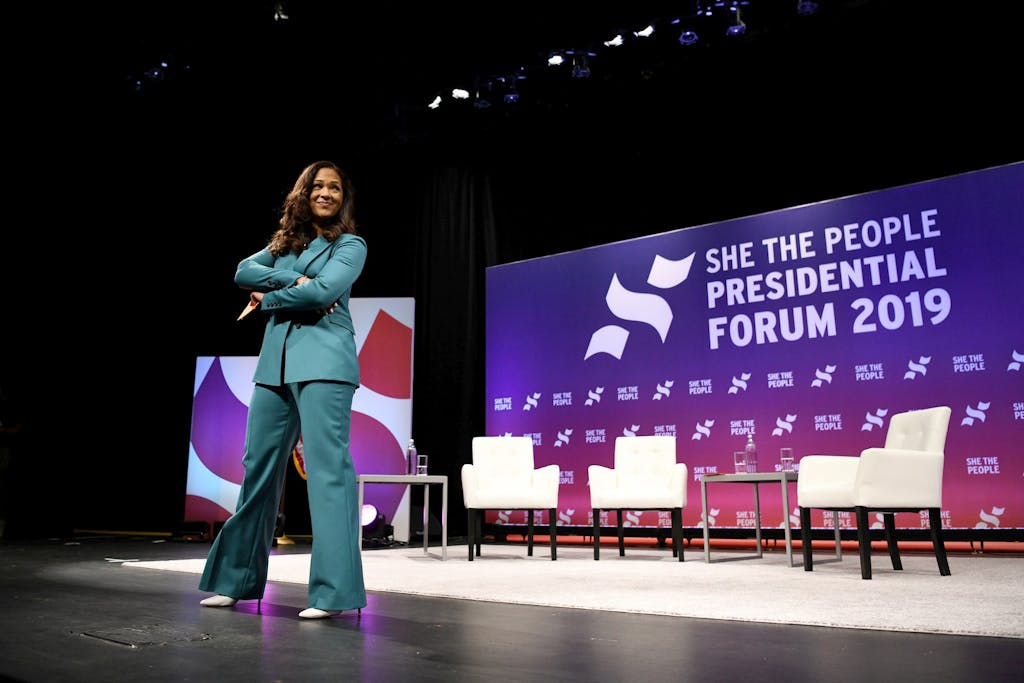
Aimee Allison created She the People, a national network to elevate and empower women of color to shape today’s politics. She unites candidates, strategists, and movement leaders to give Black, Latinx, Asian American, and Indigenous women a louder voice in public life. Allison was instrumental in the historic 2018 congressional wave of female, diverse, LGBTQ representatives. Her group is overseeing a large-scale voter engagement campaign aimed at turning out 1 million women of color this Election Day.
Historically, women of color have been ignored, maligned, and ill-served by government, Allison said. Yet these women are often the most active and engaged citizens, leading transformational movements. Women of color “are reformulating what leadership needs to look like,” with an emphasis on organizing rather than fundraising, she said. “They’re bringing more and more people into democracy, and they’re defending democracy itself.”
To Allison, being “equal everywhere is a reflective democracy from the perspective of women of color.”
Allison feels a debt to the brilliant, devoted Black women suffragists who were sidelined by white women’s suffrage leaders, told to march in the back of protests and parades. She cherishes memories of her father taking her as a child into the voting booth with him, explaining to her that others died for the right to vote.
“We’ve fought and bled for the right to vote,” she said. “We do not take the right for granted.”
Betty Alzamora: Neighborhood Advocate

Betty Alzamora believes transforming the world begins in your backyard. She lives those values every day, fighting racism and voter disenfranchisement in her Chicago-area village of 15,000, Forest Park. The self-described citizen advocate is passionate about human rights and voting rights.
Her dedication to social justice springs in part from seeing voting rights curtailed in her native Caracas, Venezuela. Alzamora devotes herself to neighborhood activism that gives overlooked and underserved individuals and communities a voice. She helps lead PASO-West Suburban Action Project, a community-based social justice organization that provides legal support to immigration families, and co-founded Forest Park Against Racism, a community anti-racist organization. Her work helps encourage and train local women to be leaders, from running organizations to running for elected office.
“All change happens at home,” she said. “It expands locally and then it ignites the world.”

Sayu Bhojwani: Ballot Buster
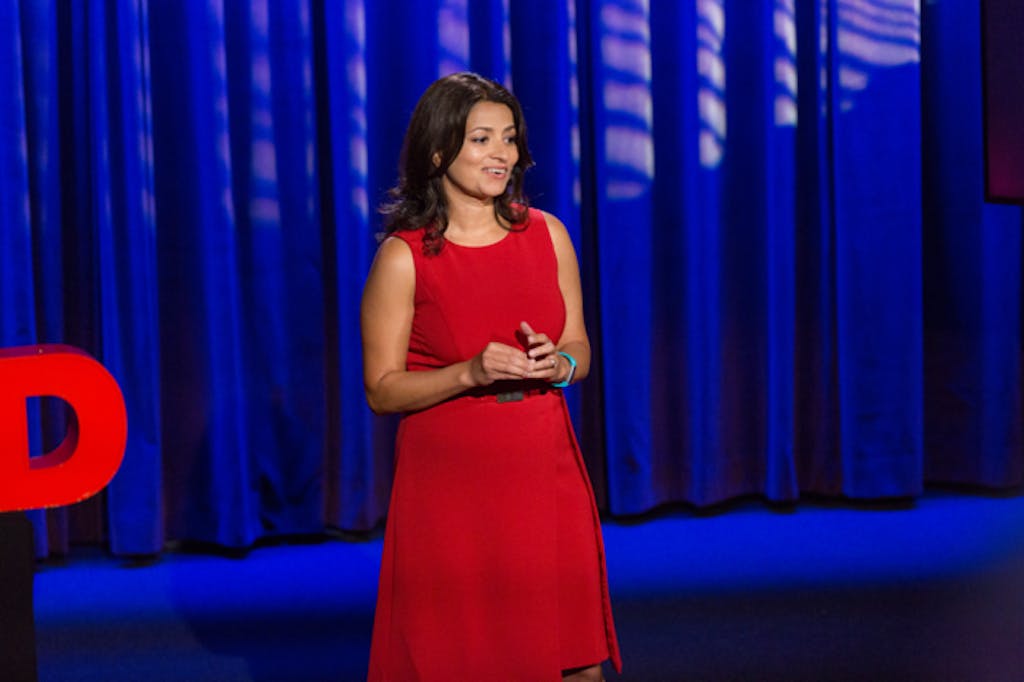
Sayu Bhojwani believes the perspectives, power, and potential of first- and second-generation Americans are essential for democracy to thrive. She is the founder and president of New American Leaders, a nonpartisan organization dedicated to building a more inclusive democracy by inspiring, recruiting, and training immigrant leaders to run for office. New American Leaders has helped 90 immigrant candidates win seats on school boards, city councils, and in statehouses all over the country.
The drive for equality powers her work. To Bhojwani, #EqualEverywhere “means that women and girls are centered in every conversation and that they are the architects of change in their own lives and in the lives of their families and communities. Change is being made by them, and with them, rather than for them.”
Born in India and raised in Belize, Bhojwani has lived the American immigrant experience. She served as New York City’s first commissioner of immigrant affairs in Michael Bloomberg’s administration. She believes women — in particular women of color — must overcome obstacles posed by a political system that favors wealthy, well-connected males. These challenges are compounded by the underrepresentation of women in elected office. Women’s “input is necessary at all levels of office,” she said. Yet women are reluctant to run for office until they see others like them in positions of power. “Now,” she said, “we have lots of role models.”
Gertrude Simmons Bonnin (Zitkala-Ša): Traditional Sioux, Modern Activist
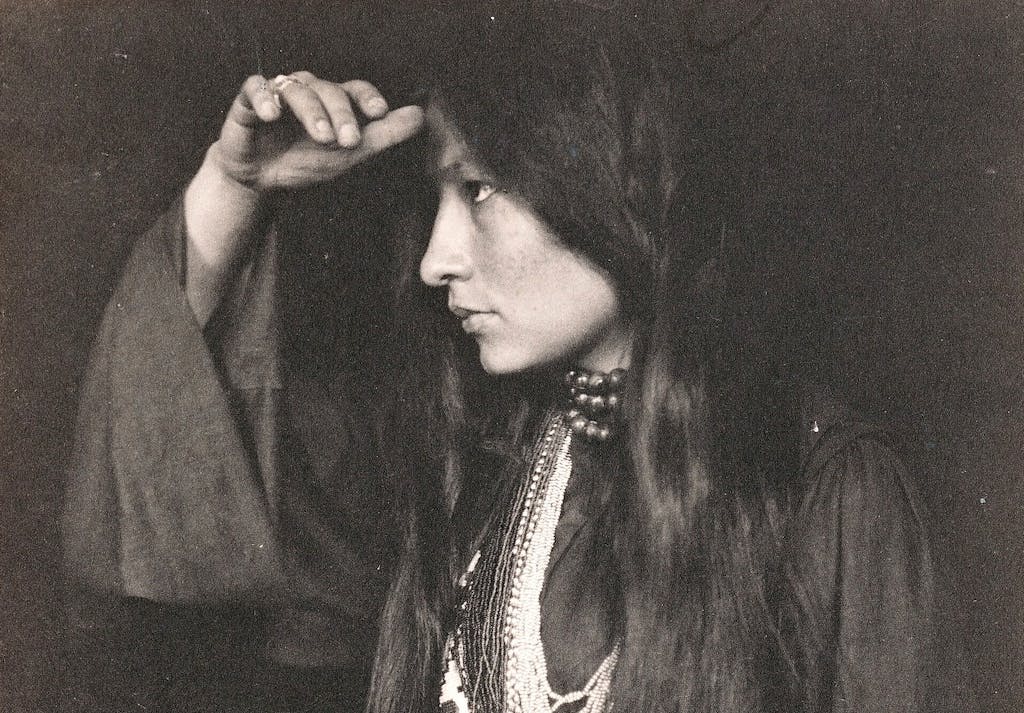
Gertrude Simmons Bonnin, also known by her native name Zitkala-Ša, was a Sioux woman born on the Yankton Reservation in South Dakota in 1876. Like many native children at that time, she was separated from her family and forced to attend a boarding school in another state. In spite of the trauma of government-mandated assimilation, she went on to attend graduate college, study and perform violin, teach, and write about the American Indian experience, including her autobiography.
Zitkala-Ša integrated her traditional heritage with modern ideas and was a vocal proponent of native rights and citizenship and women’s suffrage. She was elected as one of the leaders of the Society of American Indians, a political advocacy group. She supported American Indians’ dual citizenship in native tribes and the United States. She crisscrossed the country, urging white women, newly able to vote, to support Indian rights. Thanks in part to Zitkala-Ša’s grassroots organizing, the Indian Citizenship Act was enacted in 1924. She went on to found her own political organization, the National Council of American Indians. Although this group dissolved after the deaths of Zitkala-Ša and her husband, it paved the way for the National Congress of American Indians, which still advocates for Native Americans today.
Fannie Lou Hamer: Civil Rights Warrior
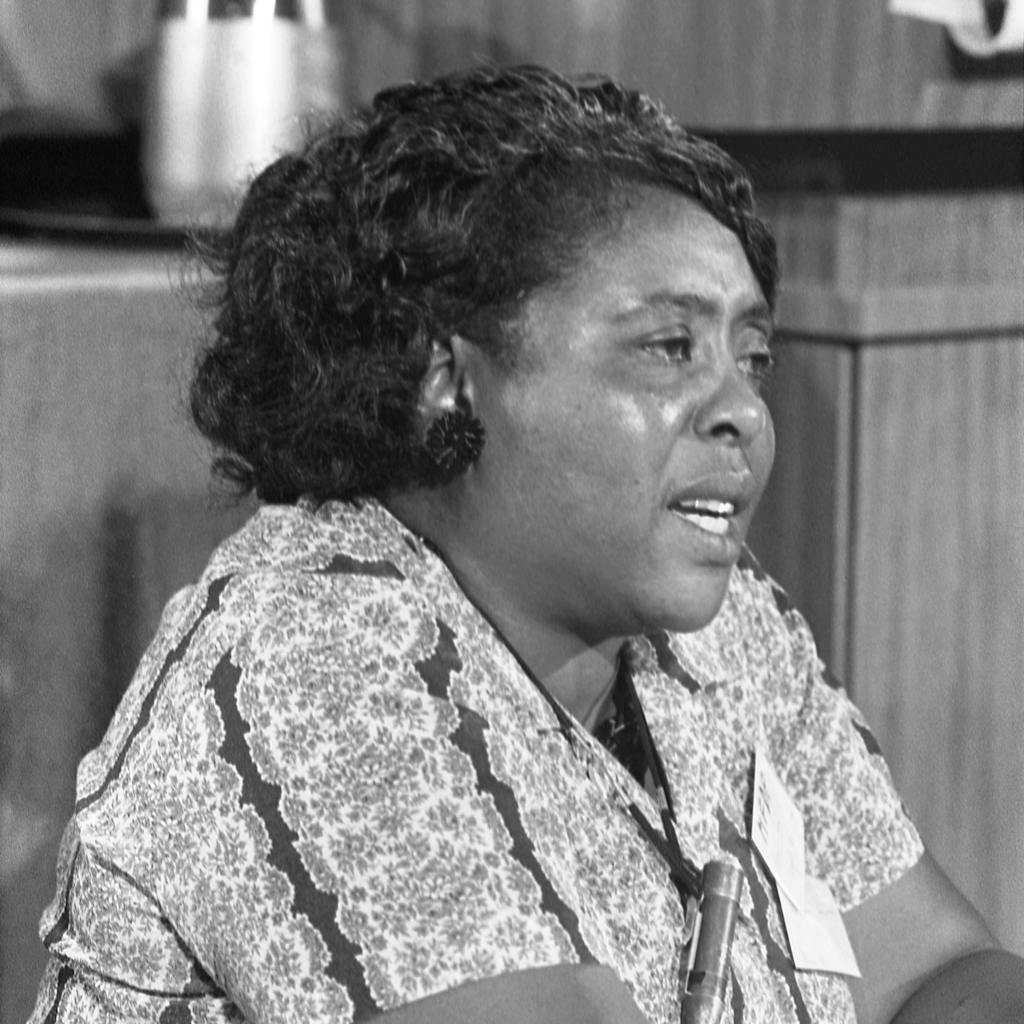
Fannie Lou Hamer grew up in rural Mississippi in the 1920s, picking cotton with her sharecropper parents and 19 siblings. When Hamer was an adult, during surgery to remove a uterine tumor, a white doctor performed a hysterectomy without her consent. After this forced sterilization — common among Black women at the time — Hamer became involved with the Student Nonviolent Coordinating Committee. She tried to register other Black people to vote, only to have them fail a mandatory literacy test in the Jim Crow South. She was fined, fired, arrested, and savagely beaten for eventually registering herself and other women to vote.
Because the local Democratic Party worked to block Black people from voting, Hamer founded the Mississippi Freedom Democratic Party to enfranchise Southern Black voters. She fought for the party’s delegation to participate in the 1964 Democratic National Convention, where she spoke unforgettably on television about the racial violence she had endured: “I’m sick and tired of being sick and tired!” Hamer helped organize the massive 1964 Freedom Summer voter registration effort of African Americans across the South. She protested, spoke, ran for office, and helped to found the National Women’s Political Caucus to empower more African Americans and more women. Ultimately, she established a Black-owned farming cooperative and backed the construction of low-income housing.
Mabel Ping-Hua Lee: Feminist Trailblazer
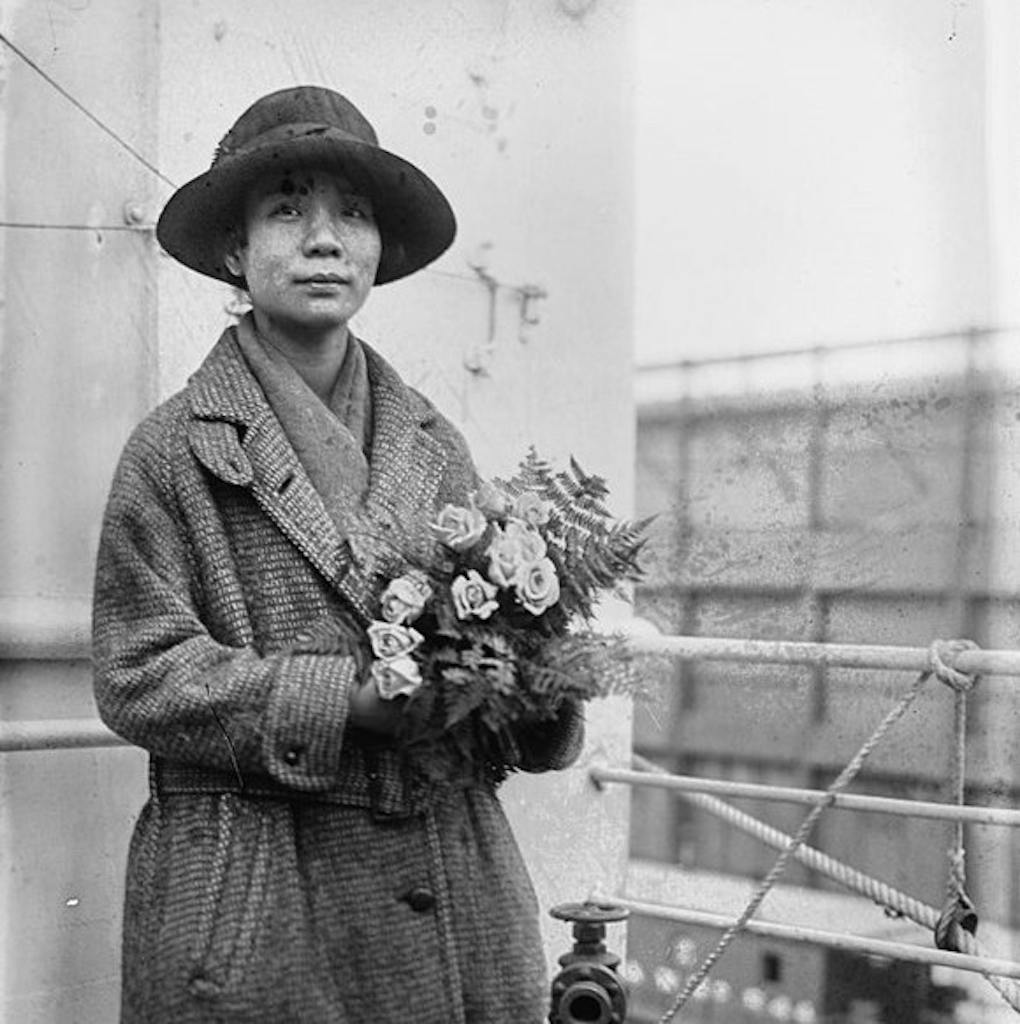
Mabel Ping-Hua Lee was a pathbreaking Chinese immigrant and prominent women’s suffrage advocate at a time when hardly any Asian women lived in the United States. She immigrated from China to New York City at the turn of the 20th century following her parents, who were teachers with the Baptist Church. Draconian laws at the time excluded most Chinese immigrants from the United States.
On horseback, a 16-year-old Lee helped lead a massive women’s suffrage parade across New York City in 1912, garnering coverage in The New York Times. She wrote articles and gave speeches on gender equality and women’s rights, and she worked to combat xenophobia toward Chinese people. Her activism was part of the statewide movement that culminated in 1917 with New York women being granted the right to vote. Yet the discriminatory Chinese Exclusion Act barred Lee from becoming an American citizen and casting her own ballot for decades.
She continued to break barriers: Lee went on to become the first Chinese woman to earn her doctorate in the United States, being awarded a Ph.D. in economics from Columbia University.
Aasha Shaik: Campus Change-maker
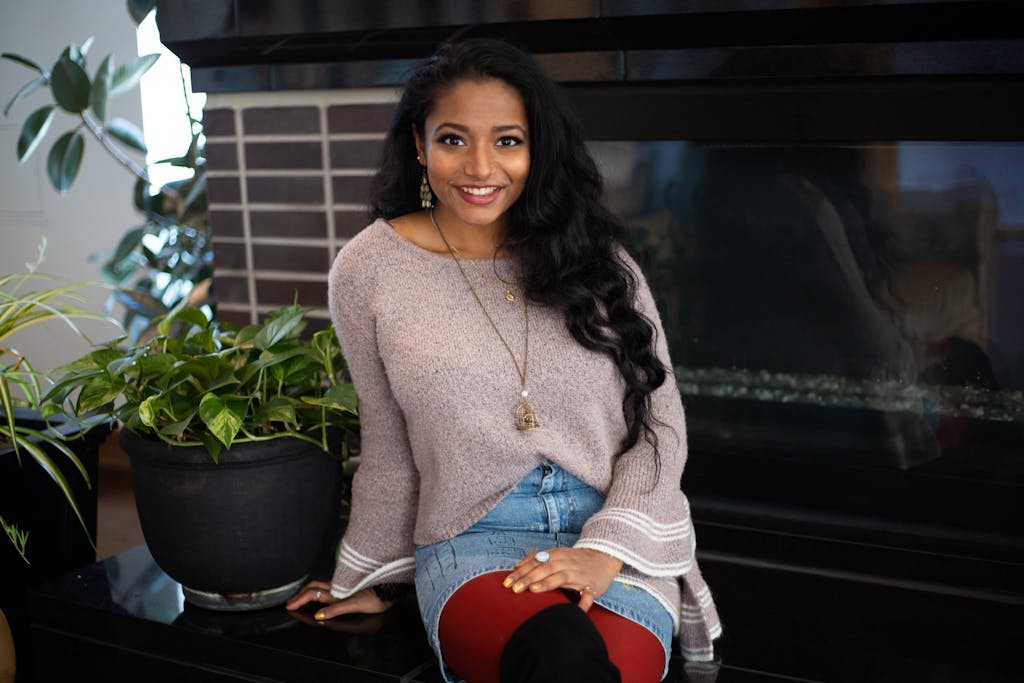
Aasha Shaik has been fighting for the rights of women and girls since she was a teenager. At 15, the United Nations Association of the USA student member was part of the United Nations’ Working Group on Girls. During negotiations shaping the Sustainable Development Goals (SDGs), she pushed for more inclusive language to enshrine girls’ rights.
Since then, Shaik evolved into a voting rights activist, and was selected as the sole American member of the UN Women’s Beijing+25 Youth Taskforce. At Rutgers University, Shaik was deeply involved in increasing youth political participation through voter registration. She organized registration drives, provided students information about candidates, and arranged transportation to polling places. Shaik registered more than 500 voters and reached more than 2,500 students online, efforts that helped boost student voting rates by nearly one-third.
“That was incredibly rewarding,” said Shaik, who is headed to Yale Law School.
**
As these courageous women show, equality is their birthright, yet girls and women are still not equal to boys and men. Until every woman, everywhere can vote for her future, the fight must go on. We won’t stop until girls and women are #EqualEverywhere — including on Election Day. Learn more about inspiring women fighting to make girls and women #EqualEverywhere at EqualEverywhere.org.



 View All Blog Posts
View All Blog Posts

